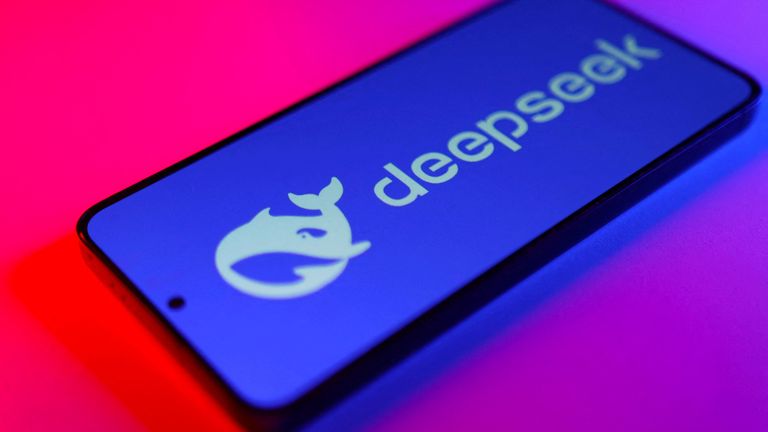Amazon CEO Warns Employees: AI Threatens Job Security in the Coming Years
Amazon’s CEO has informed the company’s white-collar employees that artificial intelligence may take over their roles in the coming years. Andrew Jassy conveyed in a memo that the rise of AI agents—autonomous tools that perform tasks—and generative AI systems, like chatbots, will reduce the need for human employees in specific areas. “As we roll out more generative AI and agents, it should change the way our work is done,” he stated. “We will require fewer individuals in some positions currently held, while needing more in other types of roles.” He acknowledged the uncertainty regarding the overall impact, but indicated that corporate workforce reductions are anticipated over the next few years. Amazon employs approximately 1.5 million people globally, with around 350,000 in corporate roles including software engineering and marketing.
Recently, the CEO of UK telecom company BT expressed similar concerns, suggesting that advancements in AI could lead to significant job cuts within the organization. Additionally, Dario Amodei, the head of AI firm Anthropic, mentioned last month that AI could potentially eliminate half of all entry-level office positions. Jassy projected that billions of AI agents will soon be functioning both within businesses and in everyday life. “There will be billions of these agents across every company and in every conceivable field. Moreover, they will handle various tasks for you outside of work, from shopping to travel and daily chores. Many of these agents have yet to be created, but they are on the way and arriving rapidly,” he noted.
To conclude his memo, Jassy encouraged employees to be “curious about AI” and to pursue education in this technology through training courses. “Those who embrace this change and become knowledgeable in AI will be well-positioned to significantly contribute and assist us in transforming the company,” he remarked.
The Organisation for Economic Co-operation and Development (OECD), a prominent international policy organization, has estimated that this technology could lead to job losses in skilled white-collar fields such as law, medicine, and finance. The International Monetary Fund has projected that 60% of jobs in advanced economies, like the US and UK, are vulnerable to AI-related disruptions, with half of those positions likely to be adversely affected. Conversely, the Tony Blair Institute has advocated for the widespread integration of AI across public and private sectors, suggesting that while up to 3 million private sector jobs in the UK could be displaced, the overall job loss may be offset by the creation of new roles.







